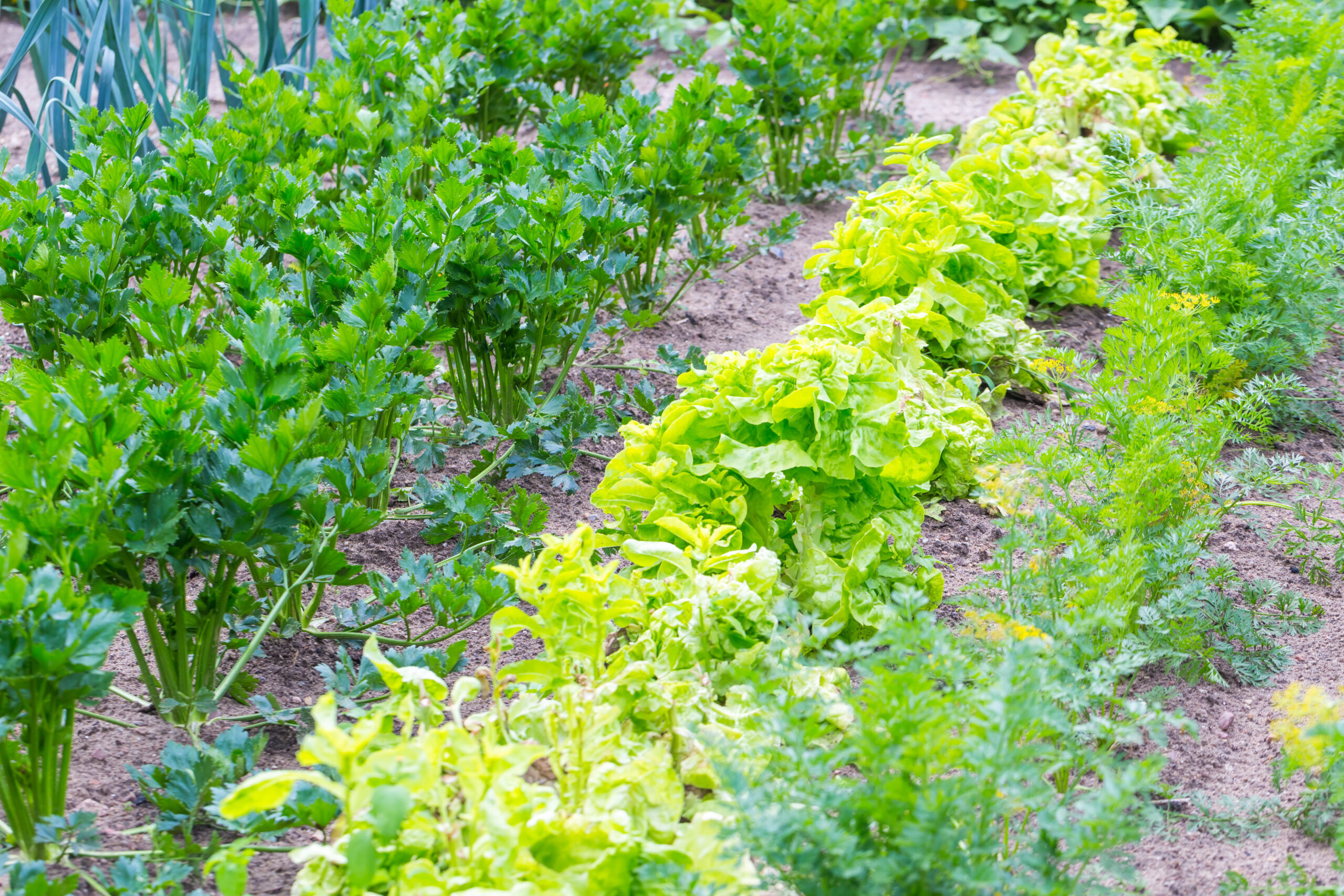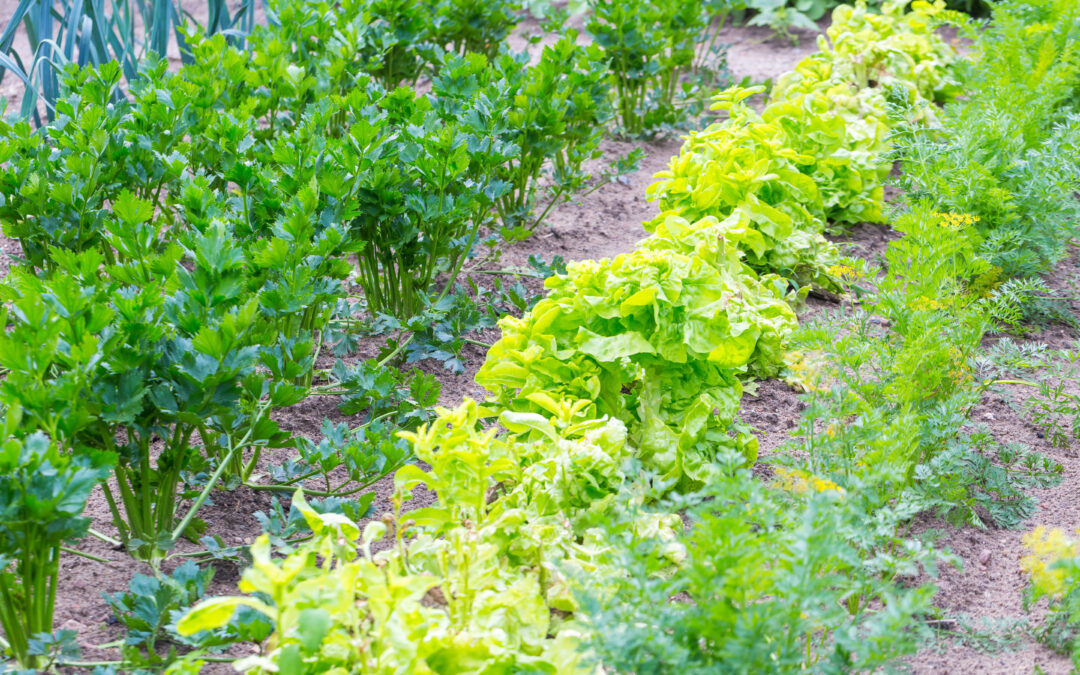Organic gardening is a popular choice for many homeowners and hobbyists who want to grow their own fruits, vegetables, herbs, and flowers. But what exactly is organic gardening? And why should you choose it over traditional gardening methods? In this blog post, we’ll explore the pros and cons of organic gardening, as well as provide tips for starting your own organic garden.
Introduction to Organic Gardening
Organic gardening refers to a method of growing plants without using synthetic fertilizers or pesticides. Instead, organic gardeners rely on natural materials like compost, manure, and plant-based insect repellents to nourish and protect their crops. This approach is often seen as more environmentally friendly than conventional gardening methods, since it doesn’t contribute to water pollution or harm beneficial insects like bees and butterflies.
The Pros of Choosing Organic Gardening
There are several reasons why people might choose organic gardening over traditional methods. Here are some of the most common benefits:
1. Healthier produce – Since organic gardens don’t use chemical pesticides, the food grown in them is free from these potentially dangerous substances. Many people believe that eating organically grown produce is healthier because it contains fewer pesticide residues.
2. Better soil quality – Organic gardening emphasizes building healthy soil through practices such as adding compost and mulch, which can improve soil structure and nutrient content. Over time, this can lead to better crop yields and less need for artificial fertilizers.
3. Reduced environmental impact – By avoiding synthetic pesticides and fertilizers, organic gardeners reduce the amount of chemicals entering local watersheds and airways. They also help support local wildlife by providing habitat for beneficial insects and birds.
4. Improved taste – Some people argue that organically grown produce tastes better than conventionally grown produce because it’s fresher and hasn’t been treated with preservatives or other additives.
The Cons of Choosing Organic Gardening
While there are certainly advantages to choosing organic gardening, there are also some potential drawbacks to consider:
1. Higher costs – Organic gardening can be more expensive than conventional gardening due to the higher cost of organic seeds, soil amendments, and tools.
2. More labor intensive – Because organic gardening relies on natural methods rather than synthetic products, it may require more manual labor to control pests and maintain soil health.
3. Lower yield – Depending on factors like weather conditions and soil quality, organic gardens may not always produce as much fruit or vegetable as conventional ones.
Tips for Starting an Organic Garden
If you’re interested in trying out organic gardening, here are some tips to get started:
1. Start small – Begin with a small plot or container garden so you can experiment with different techniques before expanding into larger areas.
2. Use good soil – Invest in high-quality soil that has been enriched with compost and other organic matter. This will give your plants a strong start and reduce the need for synthetic fertilizer.
3. Keep it simple – Focus on growing easy-to-grow crops like lettuce, tomatoes, and radishes until you become familiar with organic gardening practices.
4. Control pests naturally – Consider using companion planting (planting certain plants together to deter pests) and handpicking bugs instead of resorting to chemical pest controls.
5. Be patient – Remember that organic gardening takes time and practice to master. Don’t expect instant results, and be willing to learn from your mistakes.
Conclusion: Is Organic Gardening Right for You?
Ultimately, whether or not organic gardening is right for you depends on your personal values, goals, and resources. If you prioritize sustainability, environmental responsibility, and fresh, locally sourced food, then organic gardening may be a great option for you. However, if you’re looking for maximum productivity and convenience at minimal cost, conventional gardening may be a better fit. Ultimately, the decision comes down to individual preferences and circumstances.






